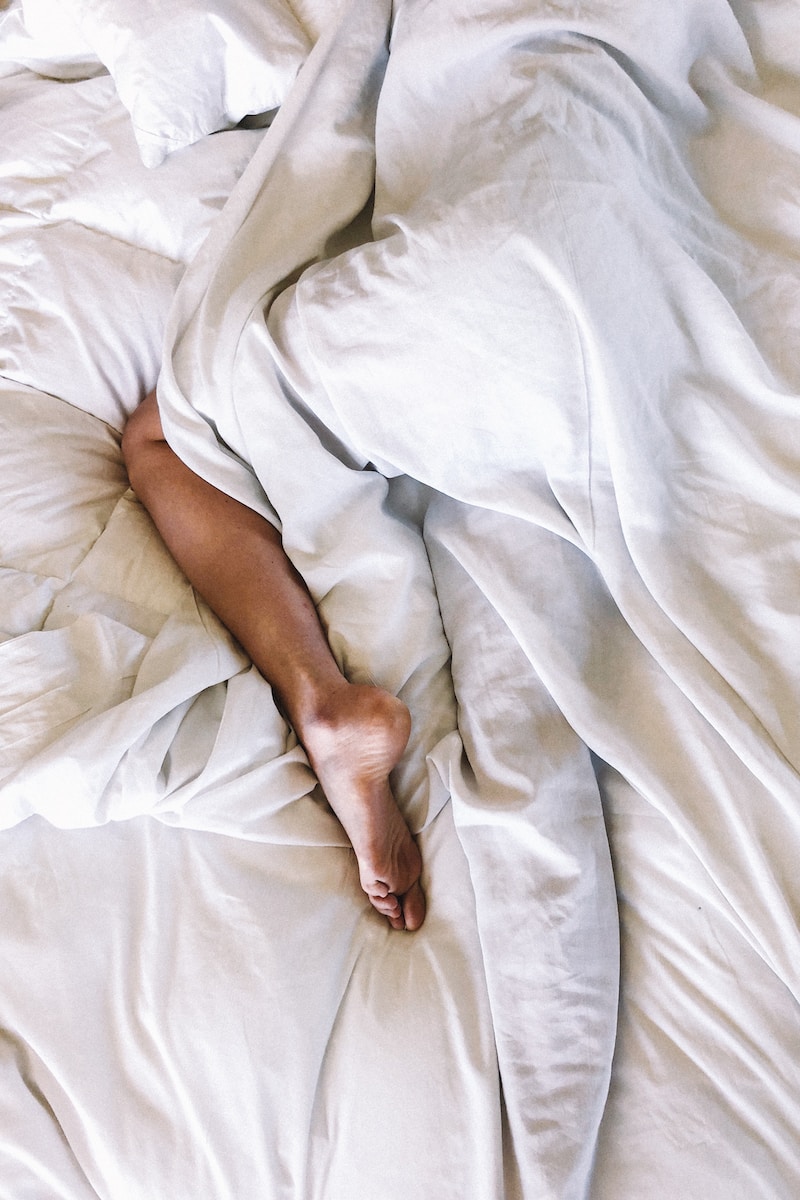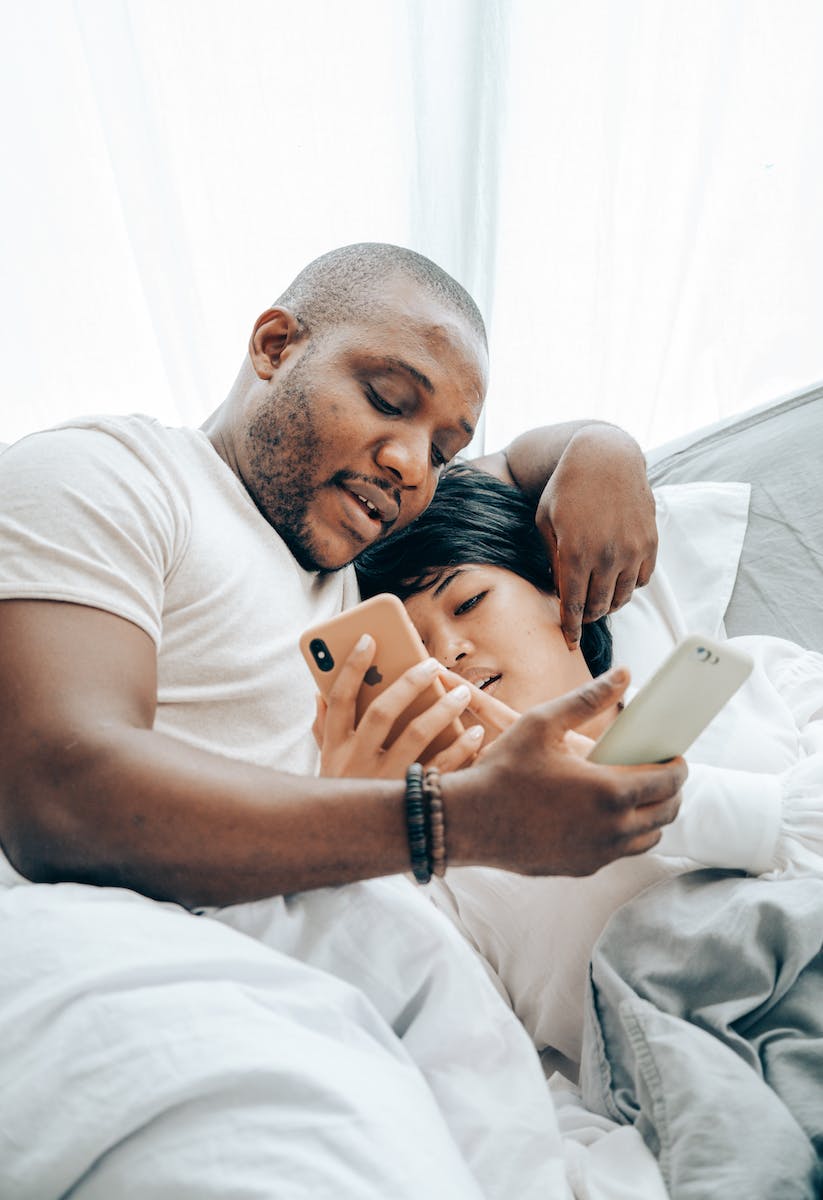
Have you ever heard of sleep syncing? It’s a term that’s been gaining traction in the world of sleep science. In a world where our daily routines are becoming increasingly hectic, understanding and syncing with our natural sleep rhythms could be the key to improved health and well-being. Let’s explore what sleep syncing is, why it is important, and how DNA testing can provide valuable insights into your sleep patterns.
What is Sleep Syncing?
Sleep syncing, or circadian rhythm syncing, is a theory based on the idea that our body functions best when we align our daily routines with our natural biological rhythms. Our circadian rhythm, which is essentially our internal 24-hour clock, governs a wide range of physiological processes, including sleep-wake cycles, hormone secretion, cellular repair and regeneration, and various metabolic functions.
The goal of sleep syncing is to maintain a regular sleep schedule that is in tune with our natural sleep-wake cycle. This not only involves consistently going to bed and waking up at the same time each day but also recognizing our body’s signals for sleepiness and wakefulness.
Why is Sleep Important?
Sleep is not just a time of rest for the body. It is an active period during which a lot of important processing, restoration, and strengthening occurs. Here’s a closer look at the key roles of sleep:
- Cognitive Function: Sleep plays a key role in cognitive functions such as memory, attention, learning, and overall mental health. During sleep, the brain forms new pathways to help you learn and remember information.
- Physical Health: Sleep is involved in the healing and repair of various cells and tissues within the body. It also plays a crucial role in maintaining a healthy balance of the hormones that make you feel hungry (ghrelin) or full (leptin).
- Emotional Well-being: Lack of sleep can lead to a wide range of mental and emotional problems, including mood swings, depression, anxiety disorders, and even an increased risk of suicide.
What Happens If We Don’t Sleep Well?
Insufficient or poor quality sleep can lead to a wide range of health complications:
- Cognitive Impairment: Lack of sleep can impair cognition, attention, and decision-making, and increase the risk of accidents and injuries.
- Chronic Health Conditions: Sleep deprivation has been linked to a higher risk of various chronic health conditions, including heart disease, kidney disease, high blood pressure, diabetes, and stroke.
- Mental Health Disorders: Insufficient sleep is linked to an increased risk of mental health disorders such as depression, anxiety, and schizophrenia.
- Immune Function: Poor sleep can affect the immune system, making you more susceptible to infections.
Tips, Tricks & Tools for Sleep Syncing
If you’re ready to start sleep syncing, here are some tips to get you started:
- Maintain a Consistent Sleep Schedule
Sticking to a regular sleep schedule helps regulate your body’s internal clock, or circadian rhythm, promoting better sleep at night. Aim to get at least 7 to 9 hours of sleep per night, and try to go to bed and wake up at the same time every day, even on weekends. This consistency reinforces your body’s sleep-wake cycle and can help you fall asleep and stay asleep for the night. - Create a Relaxing Bedtime Routine
A peaceful bedtime routine signals your body that it’s time to wind down and get ready for sleep. This could include activities that relax you, such as reading a book, listening to calming music, taking a warm bath, practicing mindfulness meditation, or doing some gentle yoga. It’s best to perform these activities away from bright light to help ease the transition into sleep. - Optimize Your Sleep Environment
A sleep-friendly environment can greatly enhance the quality of your sleep. This includes a comfortable mattress and pillows, a cool room temperature (around 65°F or 18°C is often recommended), and a dark, quiet space. Consider using earplugs, an eye mask, or a white noise machine if needed. Also, make sure your bedroom is clean and inviting – a cluttered space can lead to a cluttered mind, making it harder to relax and fall asleep. - Limit Exposure to Screens Before Bed:
The blue light emitted by phones, tablets, computers, and TVs can interfere with your body’s natural sleep-wake cycle, suppress the production of the sleep-inducing hormone melatonin, and make it harder to fall asleep. Try to turn off these devices at least one hour before bedtime. If you must use these devices, consider using blue light blocking glasses or installing an app that filters the blue light. - Stay Active:
Regular physical activity can help you fall asleep faster, get better sleep, and deepen your sleep. However, don’t exercise too close to bedtime, as it might interfere with your sleep. Try to finish moderate to vigorous workouts at least three hours before bed. Low-impact exercises like yoga or gentle stretching can help promote sleep if done closer to bedtime. - Avoid Large Meals and Caffeine Close to Bedtime:
Large meals can cause discomfort and indigestion, making it harder to fall asleep. Try to finish eating 2 to 3 hours before your bedtime. Also, avoid caffeine (found in coffee, tea,chocolate, cola, and some pain relievers) for at least six hours before bedtime. Similarly, while alcohol might make you feel sleepy at first, it can disrupt sleep later in the night. - Leverage Sleep Technology:
There are a variety of sleep aids and tools that can help you sleep sync. For instance, sleep trackers can monitor your sleep cycles and provide insights on your sleep quality and duration. Smart lights can simulate sunrise and sunset, helping to regulate your internal body clock. Sound machines can produce white noise or soothing sounds to help you fall asleep. - Mind Your Mental Health:
Stress and anxiety can interfere with sleep. Techniques such as mindfulness meditation, deep breathing, progressive muscle relaxation, or visualizing a peaceful place can help clear your mind and prepare your body for sleep. If you often find yourself feeling anxious or overwhelmed, consider talking to a mental health professional for further support.



The Role of DNA Testing in Sleep Syncing
Our sleep preferences and patterns are, to some extent, governed by our genes. Certain genetic variants are known to influence whether we are morning persons or night owls, our susceptibility to certain sleep disorders, and how much sleep we need.
Genetic tests like those offered by CircleDNA can provide insights into individual sleep-related genetic traits by analyzing these genetic markers. This information can be extremely valuable in understanding your own unique sleep patterns and potential issues. For instance, if your genetic test indicates you’re naturally a night owl but you’ve been forcing yourself to wake up early for work, it might explain why you’re experiencing chronic fatigue, difficulty concentrating, or mood disturbances.
With these insights, you can make more informed decisions about your sleep habits, such as adjusting your sleep schedule, modifying your environment, or seeking professional help if a potential sleep disorder is indicated.
Conclusion
Sleep syncing offers a path to better sleep quality and overall health. By understanding our natural sleep patterns and making lifestyle adjustments, we can align ourselves with our circadian rhythms for optimal well-being. Genetic testing can provide valuable insights into our unique sleep-related genetic traits, further enhancing our ability to achieve restful, restorative sleep.
Remember, quality sleep is a cornerstone of good health. By paying attention to our sleep patterns and making necessary adjustments, we can improve not just our sleep, but our overall quality of life.






